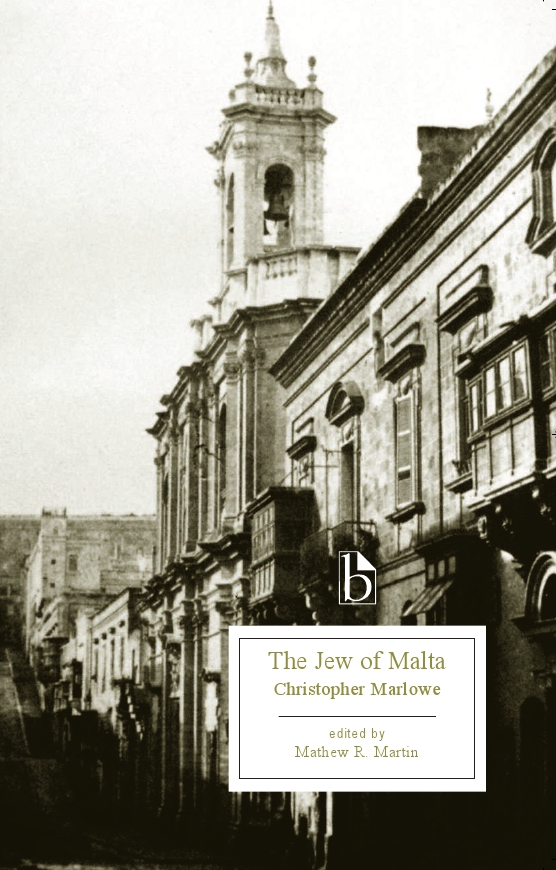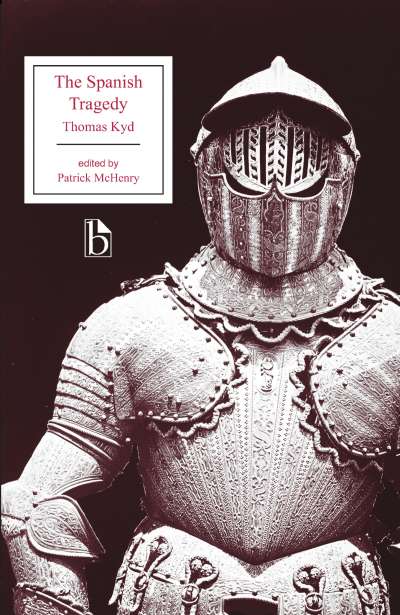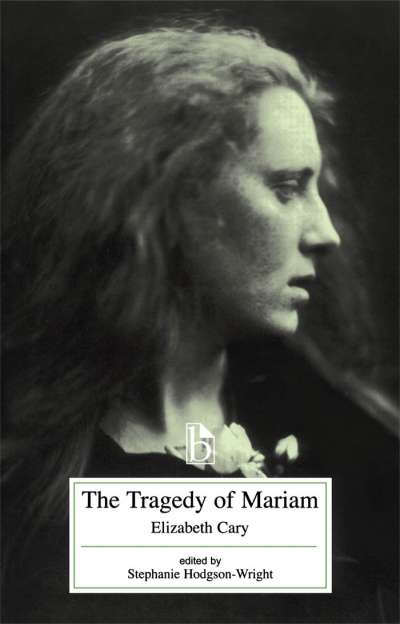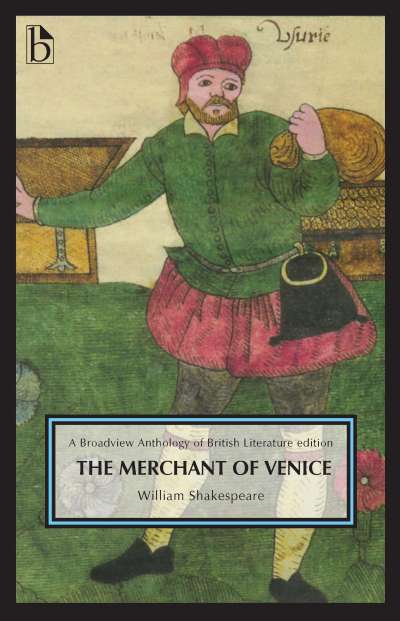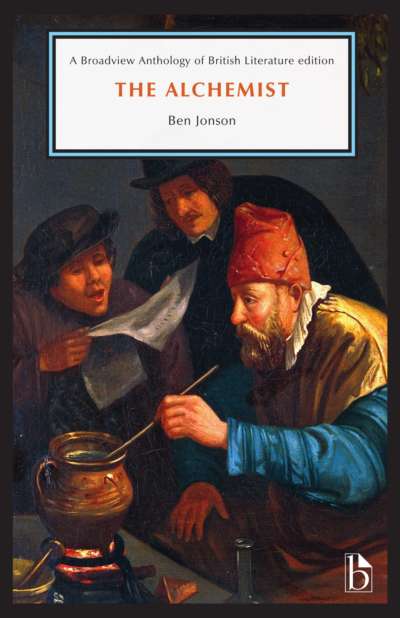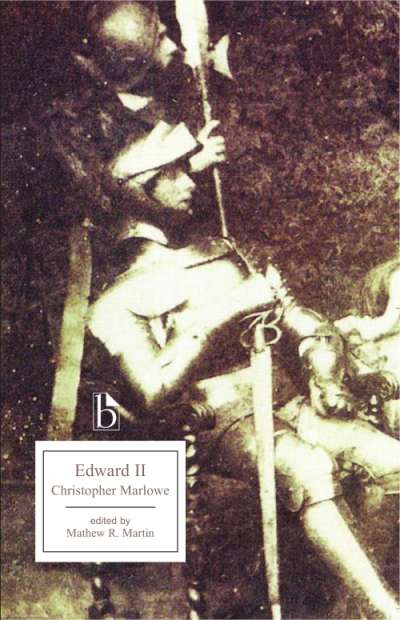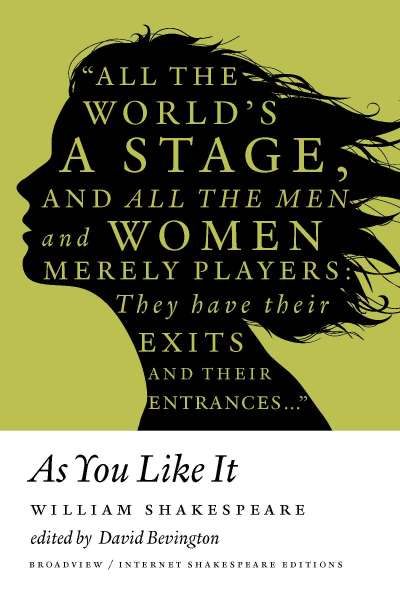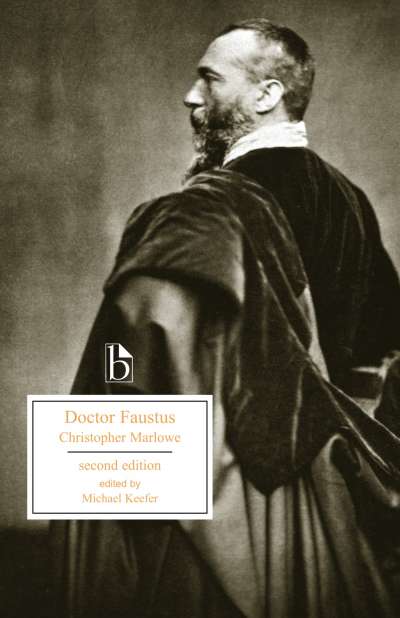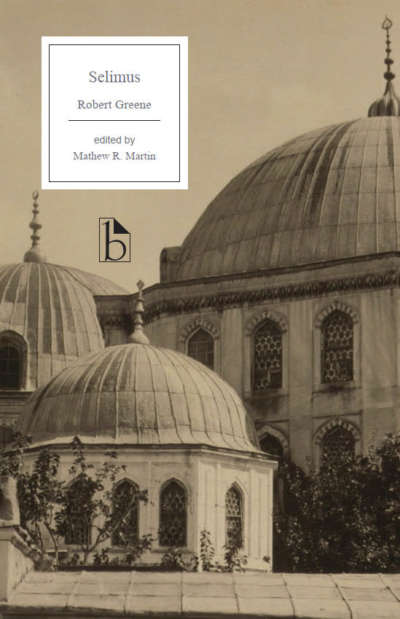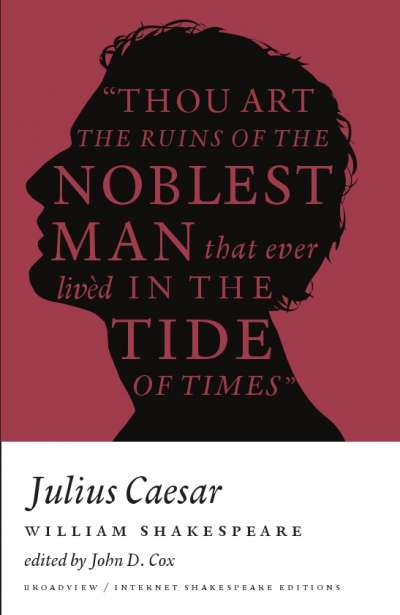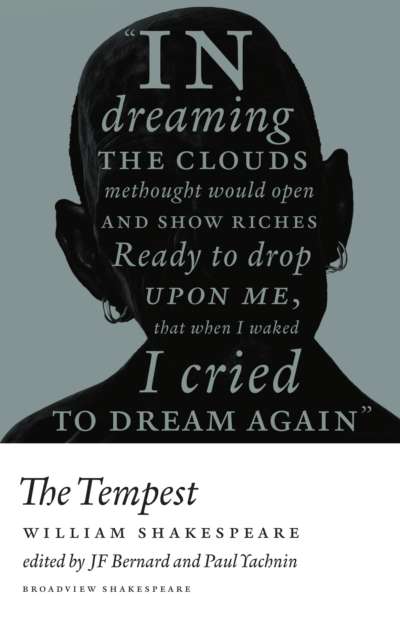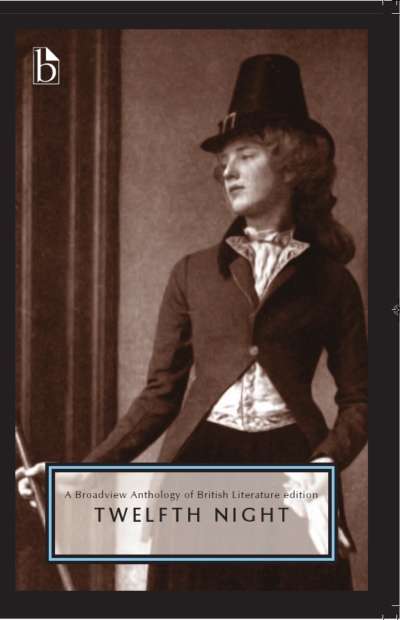First performed by Shakespeare’s rivals in the 1590s, Christopher Marlowe’s The Jew of Malta was a trend-setting, innovative play whose black comedy and final tragic irony illuminate the darker regions of the Elizabethan cultural imagination. Although Jews were banished from England in 1291, the Jew in the form of Barabas, the play’s protagonist, returns on the stage to embody and to challenge the dramatic and cultural anti-Semitic stereotypes out of which he is constructed. The result is a theatrically sophisticated but deeply unsettling play whose rich cultural significance extends beyond the early modern period to the present day.
The introduction and historical documents in this edition provide a rich context for the world of the play’s composition and production, including materials on Jewishness and anti-Semitism, the political struggles over Malta, and Christopher Marlowe’s personal and political reputation.
Comments
“The great strength of Mathew Martin’s edition is the ease of access it gives scholars and students to one of Marlowe’s strangest and most disturbing plays. He achieves this not simply by exemplary annotations, but by framing Marlowe’s text within an introduction and richly informative appendices that place the play securely in its contemporary social, cultural, and political contexts, enabling readers to negotiate complexities of tone and racial attitudes with subtle insight. The effect is precisely to highlight the daring originality of Marlowe’s dramatic artistry and his exacting control of both the arts of performance and his audience’s responses.” — Richard Allen Cave, Emeritus Professor of Drama and Theatre Arts, Royal Holloway, University of London
“The Jew of Malta is one of early modern England’s most controversial plays on its most controversial topic—the collision of world religions. Martin’s terrific new edition brilliantly captures the gist of its cut-and-thrust. The introduction offers readers a sophisticated entrée into Anglo-Ottoman relations, European anti-Semitism, theatre history, and Machiavellianism. The edition is elegantly edited, with many resources for readers who want to understand one of Marlowe’s greatest plays in its historical milieu.” — Alan Shepard, President of Concordia University
Acknowledgements
Introduction
Christopher Marlowe: A Brief Chronology of His Life and Times
A Note on the Text
The Jew of Malta
Appendix A: Jewishness in Marlowe’s England
- From John Foxe, Acts and Monuments (1610)
- [The destruction of the Jews in 73 CE]
- [Hugh of Lincoln and other stories]
- From Raphael Holinshed, The Third Volume of Chronicles of England, Scotland, and Ireland (1587)
- [London Jews executed for counterfeiting and debasing coins in 1278]
- [The expulsion of the Jews from England in 1290]
- From Thomas Nashe, The Unfortunate Traveller (1594)
- From Geoffrey Chaucer, “The Prioress’s Tale,” The Canterbury Tales (1602)
- From “An homily for Good Friday, concerning the death and passion of our Saviour Jesus Christ,” in The Second Tome of Homilies (1563)
- From Robert Wilson, The Three Ladies of London (1584)
- [Mercadorus is confronted by Gerontus, to whom he owes money]
- [Arrested, Mercadorus is brought before the Judge of Turkey]
- From Sir Thomas Browne, “Of the Jews,” Pseudodoxia Epidemica (1646)
Appendix B: Rhodes, Malta, and European-Ottoman
Relations
- From Nicholas Nicholay, The Navigations, peregrinations and voyages, made into Turkey by Nicholas Nicholay (1585)
- From Richard Knolles, The General History of the Turks (1603)
- [Preparation for the siege of Malta begins]
- [The Turks take Saint Elmo]
- [The Turkish forces leave Malta]
- From A Form to be used in Common prayer … to excite and stir all godly people to pray unto God for the preservation of those Christians and their Countries that are now invaded by the Turk in Hungary or elsewhere (1566)
- From Richard Hakluyt, The Principle Navigations, Voyages, and Discoveries of the English Nation (1589)
- [“The letters sent from the Imperial Musulmanlike highness of Sultan Murad Khan to the sacred regal Majesty of Elizabeth Queen of England”]
- [“The answer of her Majesty to the aforesaid letters of the Great Turk”]
Appendix C: Machiavellianism
- From Innocent Gentillet, A Discourse Upon the Means of Well Governing and Maintaining in Good Peace a
Kingdom, or Other Principality … Against Nicholas Machiavel the Florentine (1602)
- [From “A Preface to the first Part”]
- [From Gentillet’s refutation of Machiavelli’s first
maxim of religion]
- [From Gentillet’s refutation of Machiavelli’s twentyfirst
maxim of policy]
- [The maxims]
- From Niccolò Machiavelli, The Prince (1640)
- [Edward Dacres’s “Epistle to the Reader”]
- [Chapter XV, “Of those things in respect whereof men, and especially princes, are praised or dispraised”]
- [From Chapter XVIII, “In what manner princes ought to keep their words”]
- [Chapter XXV, “How great power Fortune hath in human affairs, and what means there is to resist it”]
Appendix D: Marlowe’s Reputation
- From Robert Greene, Perimedes the Blacksmith (1588) and A Groatsworth of Wit (1592)
- [From Perimedes the Blacksmith]
- [From A Groatsworth of Wit]
- Thomas Kyd’s letters to Sir John Puckering about Marlowe
- Richard Baines, “A note containing the opinion of Christopher Marlowe concerning his damnable Judgment of religion and scorn of God’s word”
- From Thomas Beard, The Theatre of God’s Judgements (1597)
Works Cited and Further Reading
Mathew R. Martin is Full Professor in the Department of English Language and Literature at Brock University.

